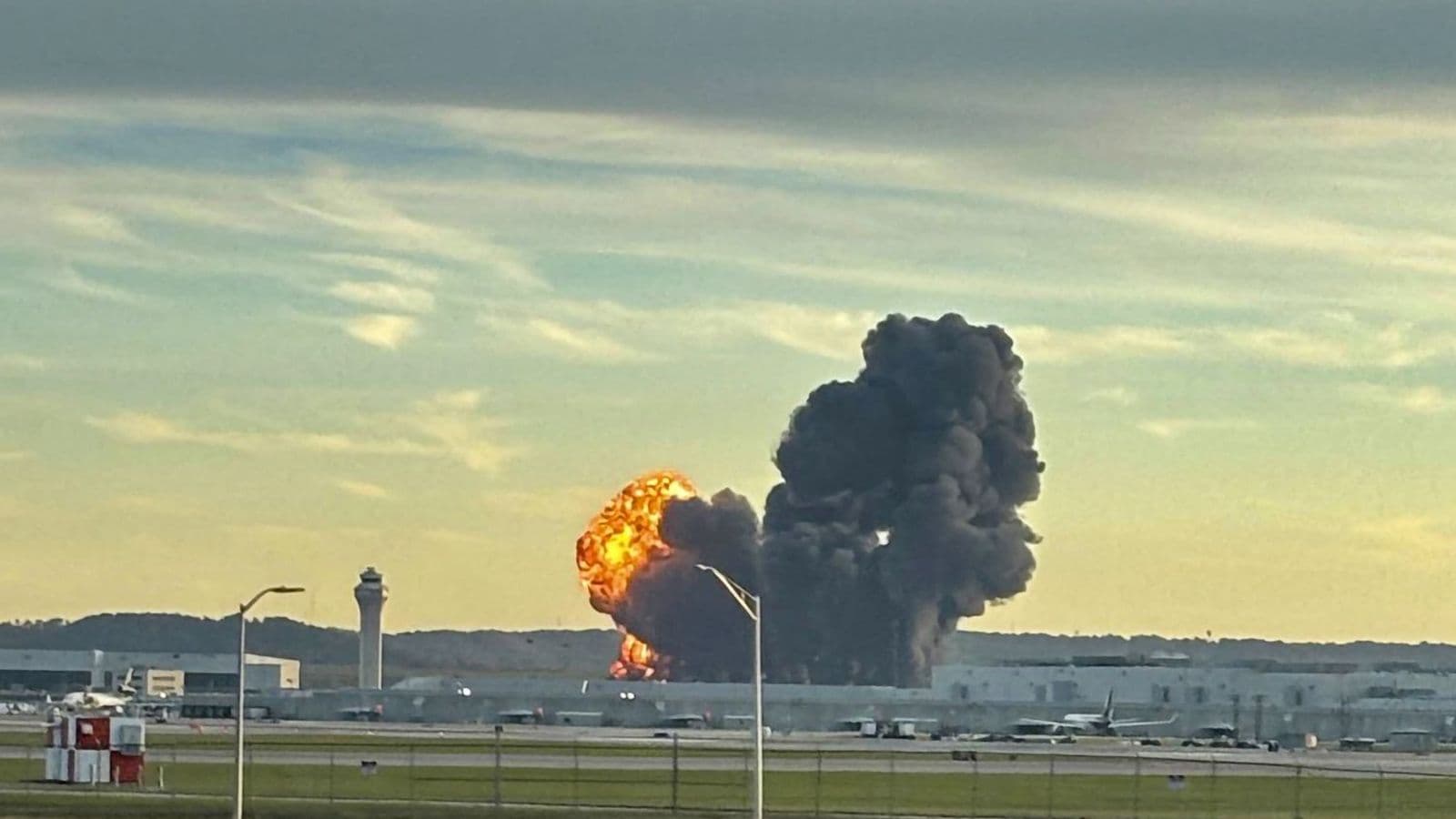We're loading the full news article for you. This includes the article content, images, author information, and related articles.
A major international air cargo hub has been disrupted after a UPS McDonnell Douglas MD-11 aircraft crashed on takeoff in Louisville, Kentucky, raising global logistics questions. The incident has no direct links to Kenya, but highlights the fragility of worldwide supply chains.

At least nine people have died and 11 others were injured after a UPS cargo plane crashed shortly after takeoff in Louisville, Kentucky, on Tuesday, November 4, 2025, igniting a massive fire and prompting a large-scale emergency response. The incident, which has global logistical implications, involved a flight destined for Honolulu, Hawaii.
The aircraft, a McDonnell Douglas MD-11 identified as UPS Flight 2976, went down around 5:15 p.m. local time (Wednesday, 1:15 a.m. EAT) near the Louisville Muhammad Ali International Airport (SDF). The three crew members on board are feared dead, according to officials. Louisville Mayor Craig Greenberg confirmed that at least four of the initial fatalities were people on the ground, as the crash impacted an industrial area adjacent to the airport.
Kentucky Governor Andy Beshear declared a state of emergency and stated on Wednesday, November 5, that the death toll could rise, with 16 families having reported loved ones as unaccounted for in the aftermath of the crash. The crash caused a significant fire, fueled by what Louisville Fire Chief Brian O'Neill described as approximately 38,000 gallons of jet fuel on board the aircraft. The resulting blaze and smoke plume led authorities to issue a temporary shelter-in-place order for nearby areas.
The U.S. National Transportation Safety Board (NTSB) has dispatched a team of 28 investigators to the scene to determine the cause of the crash and will lead the investigation. The Federal Aviation Administration (FAA) is also investigating. Eyewitness videos showed flames coming from the aircraft's left wing as it attempted to take off before it crashed and exploded. Officials have stated that the plane was not carrying any hazardous cargo.
The Louisville airport is home to UPS Worldport, the company's largest and most central global air hub, which processes up to 400,000 packages an hour and handles over 300 flights daily. In a statement released on November 4, UPS confirmed it was halting package sorting operations at the facility. "We are terribly saddened by the accident tonight in Louisville," the company stated. "Our heartfelt thoughts are with everyone involved."
While there are no immediate indications of a direct impact on air freight to or from Kenya and the East Africa region, the disruption at UPS's primary global hub could have ripple effects on international shipping and supply chains. The incident underscores the critical role of air cargo in global commerce and the potential for localized disasters to affect worldwide logistics networks. The full extent of the disruption will become clearer as UPS assesses its operational capacity in the coming days. Further investigation is required to determine the long-term impact on global freight movement.
Louisville Muhammad Ali International Airport, which had temporarily suspended all flights, began resuming operations on Wednesday morning, though some taxiways remained closed. The investigation into the precise cause of the tragedy is expected to take between 12 and 24 months to complete, according to standard NTSB timelines.
Keep the conversation in one place—threads here stay linked to the story and in the forums.
Sign in to start a discussion
Start a conversation about this story and keep it linked here.
Other hot threads
E-sports and Gaming Community in Kenya
Active 9 months ago
The Role of Technology in Modern Agriculture (AgriTech)
Active 9 months ago
Popular Recreational Activities Across Counties
Active 9 months ago
Investing in Youth Sports Development Programs
Active 9 months ago